Update: China has filed its official contamination proposals with the World Trade Organization, and they list a 0.5 percent threshold for most recyclables, down from the 1 percent limit that was previously considered.
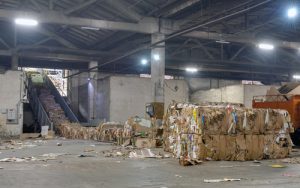
China will shift its planned threshold for contamination in scrap paper imports from 0.3 percent to 1 percent, seemingly in response to concerns the original proposed limit would be impossible to hit.
Continue Reading


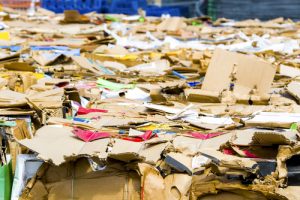
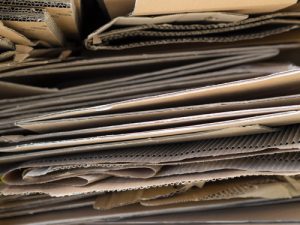 Multiple industry associations have renewed calls for China to reconsider its import restrictions in the weeks leading up to the country’s planned ban on certain recovered materials entering the country.
Multiple industry associations have renewed calls for China to reconsider its import restrictions in the weeks leading up to the country’s planned ban on certain recovered materials entering the country.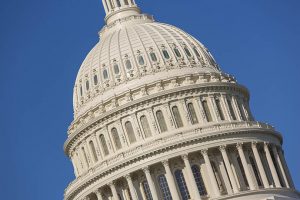 The federal tax bill before Congress this week retains tax incentives and exemptions that could boost the recycling sector.
The federal tax bill before Congress this week retains tax incentives and exemptions that could boost the recycling sector. Pratt Industries plans to break ground on a sizable recycled containerboard mill in the Midwest next year, a move that’s part of the company’s vertical integration strategy.
Pratt Industries plans to break ground on a sizable recycled containerboard mill in the Midwest next year, a move that’s part of the company’s vertical integration strategy.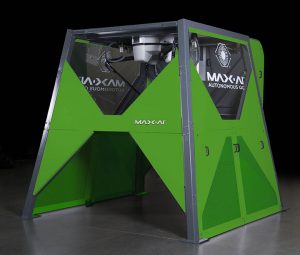 An equipment company has given its intelligent robot a new task in a new workplace. The artificial intelligence sortation unit will recover six separate materials at a facility in the U.K.
An equipment company has given its intelligent robot a new task in a new workplace. The artificial intelligence sortation unit will recover six separate materials at a facility in the U.K. A Portland, Ore. reclaimer is making plans for a facility that would sort out less commonly recycled plastics coming from across the region.
A Portland, Ore. reclaimer is making plans for a facility that would sort out less commonly recycled plastics coming from across the region. A key unknown during the Congressional tax negotiations was the fate of tax-exempt private activity bonds, which are frequently utilized in the solid waste and recycling industry. It now appears they’ll be retained.
A key unknown during the Congressional tax negotiations was the fate of tax-exempt private activity bonds, which are frequently utilized in the solid waste and recycling industry. It now appears they’ll be retained.
 China is unprepared to effectively roll out and enforce its planned Jan. 1 ban on imports of certain recyclables, according to recycling leaders who recently traveled to the country in search of answers.
China is unprepared to effectively roll out and enforce its planned Jan. 1 ban on imports of certain recyclables, according to recycling leaders who recently traveled to the country in search of answers.